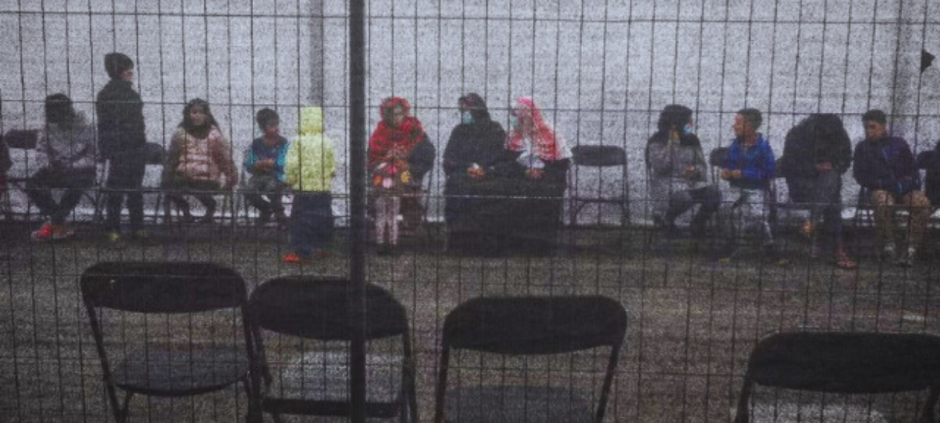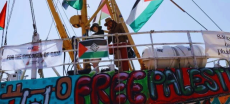WASHINGTON, D.C. – In a sweeping move to tighten U.S. borders, former President Donald Trump signed a proclamation Wednesday imposing new travel restrictions on nationals from 12 countries, citing counterterrorism and immigration control priorities. The policy marks an escalation of Trump’s signature immigration crackdown since returning to office.
Read More : Elon Musk Bids Farewell to Trump Administration
Key Details of the Proclamation
✔ Full Travel Ban: Afghanistan, Myanmar, Chad, Congo, Equatorial Guinea, Eritrea, Haiti, Iran, Libya, Somalia, Sudan, Yemen
✔ Partial Restrictions: Burundi, Cuba, Laos, Sierra Leone, Togo, Turkmenistan, Venezuela
✔ Effective Date: June 9, 2025 (12:01 AM EDT)
✔ Applies To: Foreign nationals outside the U.S. without valid visas as of June 9
Exceptions to the Ban
- U.S. lawful permanent residents (green card holders)
- Dual nationals traveling on non-banned passports
- Diplomats, athletes (World Cup/Olympics participants)
- Special immigrant visas (Afghan allies, persecuted minorities)
- Family-based immigrant visas and adoptions
Trump’s Justification
“We cannot allow unchecked entry from nations that fail security vetting,” Trump stated in a video announcement, referencing Sunday’s Boulder attack by an Egyptian national who overstayed his visa (though Egypt is unaffected). The administration claims banned countries:
Harbor terrorist networks
Lack of proper visa security cooperation
Have high rates of visa overstays
International Reactions
- Somalia: Pledged cooperation to address U.S. concerns (Ambassador: “We value U.S. relations”)
- Venezuela: Condemned the move as “fascist,” warning Venezuelans in the U.S. of persecution
- Afghanistan/Taliban: No immediate comment; impacts thousands awaiting U.S. resettlement
- Myanmar/Laos: Silence from military junta and officials
Political Context
This follows Trump’s 2017 Muslim ban (repealed by Biden in 2021) and aligns with his 2023 campaign promise to restrict entry from “high-risk” regions. Critics decry the policy as discriminatory, while supporters argue it’s vital for national security.











